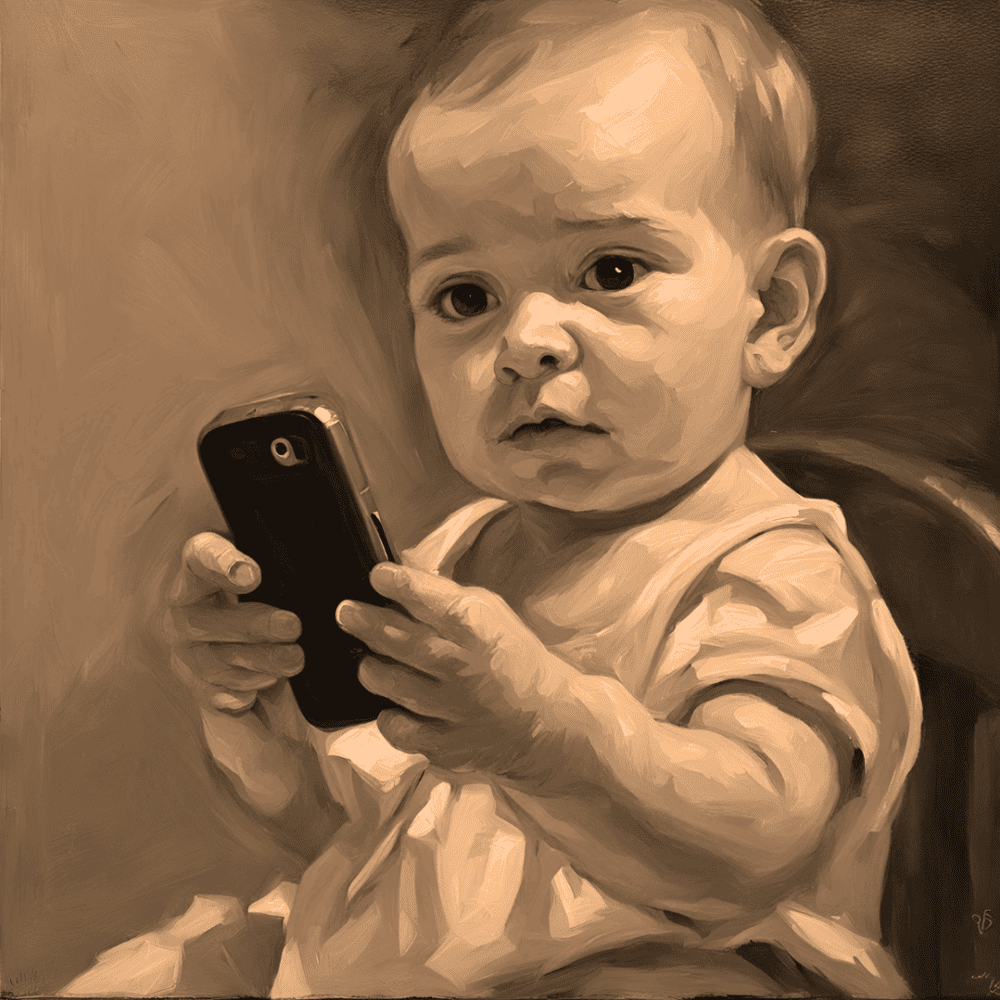Their first babysitter was an iPad. Their best friend lived inside a smartphone. Their lives were always out there for everyone to see… and comment on. Welcome to the lives of Gen Z, the true digital natives.
Born between the late ’90s and the early ’10s, Gen Z has never known a world without the internet, social media, or mobile devices. They navigate the online world with an ease that can make even the most tech-savvy Millennial feel like a digital dinosaur.
But growing up in a hyper-connected, Truman-Show-esque world has its challenges, especially when it comes to mental health (at least the people/actors in Jim Carrey’s life were pretty nice to him). Gen Z faces unique stressors and pressures that previous generations never encountered. From the constant barrage of comparisons on social media to the pressure to maintain a perfect online persona, it’s no wonder that mental health issues are skyrocketing among young adults. It’s like having to keep up with the Kardashians, but without the financial benefits.
The good news is that Gen Z’s tech-first mindset also influences how they seek support for their mental health. They’re more likely to turn to online resources, such as mental health apps and AI-powered therapy, than traditional face-to-face counseling. Who wants to make time for in-person appointments when you can have a therapy session while streaming (and not chilling)?
So what can be done to better serve the mental health needs of Gen Z? For starters, mental health professionals and organizations need to embrace technology instead of fighting against it. Yes, virtual hugs aren’t as oxytocin-releasing as the real thing, but integrating tech into mental health offerings will only add to the options available. Hospitals and providers (therapists, psychiatrists, psychologists, social workers, and all the rest) need to offer online therapy solutions but also begin to support AI therapy when they can’t sync up with their clients face-to-face.
It is worth pointing out that technology is part of the problem, so the solution is not just to throw more technology at the problem. The therapists (in all their many forms) need to guide Gen Z in using digital tools in a healthy and productive way. This means educating our young adults on the potential pitfalls of social media (not that that will get them off it, but awareness is always good), promoting digital wellness, and encouraging them to seek human connection and support when needed. There is more to self-care and self-love than likes and followers (which, come to think of it, are the literal opposite of “self-love”).
Gen Z’s tech-first, tech-native mindset is reshaping the landscape of mental health support options. It’s important to understand the unique needs of our tech-savvy Gen Z’ers but also to embrace technology as a tool for healing. It’s about time that mental health support is just as accessible, just as convenient, and just as affordable as ordering an Uber. Or a pizza (and now I long for a world in which AI therapy is “tasty”).







